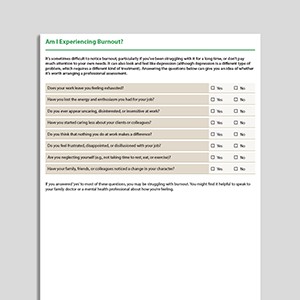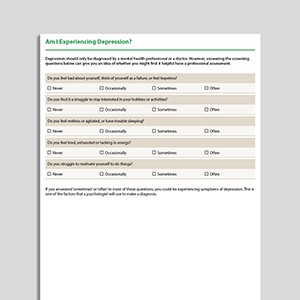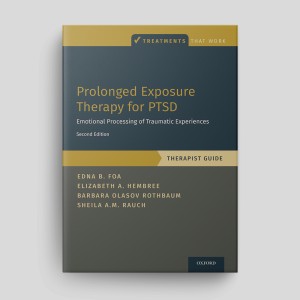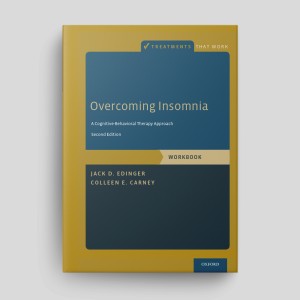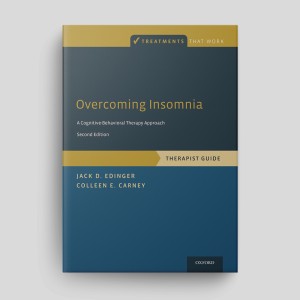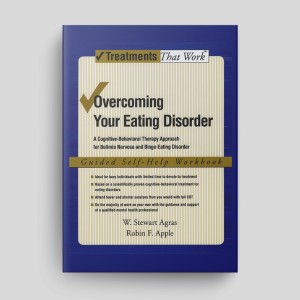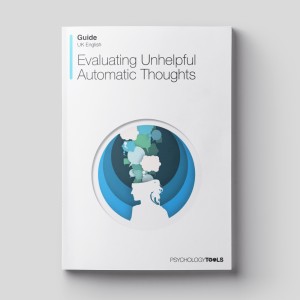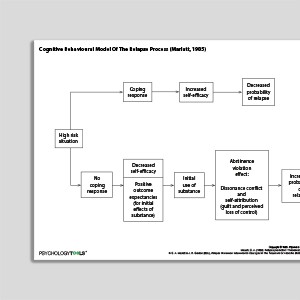Cognitive Distortion / Cognitive Bias
Human beings are processing information all of the time: in both a fast and automatic fashion, and as slow and effortful process (e.g., Kahneman, 2011). In the context of psychological therapy the term cognitive bias refers to the ability that people have to selectively attend to and recall information, or to distort information. Clinically, the most widely known aspect of cognitive bias are the cognitive distortions (unhelpful thinking styles) identified by Beck, examples of which include arbitrary inference, over-generalization, and dichotomous thinking (Beck, 1963). Harvey, Watkins, Mansell, and Shafran (2004) define reasoning as “thinking that is concerned with deducing conclusions, generating judgements, and testing hypotheses in a logical and coherent way.” They go on to describe a number of ways in which reasoning processes can become biased with the frequent “result that the conclusion drawn differs from objective reality”. Biases in reasoning or information processing are not necessarily dysfunctional but they often play important roles in maintaining clinical problems, including anxiety and mood disorders. Some forms of cognitive bias which are important in CBT include:
Scaling - Testing Your Assumptions
Scaling - Testing Your Assumptions
Vicious Cycle - Responses And Consequences
Vicious Cycle - Responses And Consequences
CBT Model – Maintaining Processes
CBT Model – Maintaining Processes
Examining Your Negative Thoughts
Examining Your Negative Thoughts
Prompts For Challenging Your Negative Thinking
Prompts For Challenging Your Negative Thinking
Unified Protocol for Transdiagnostic Treatment of Emotional Disorders (Second Edition): Therapist Guide
Unified Protocol for Transdiagnostic Treatment of Emotional Disorders (Second Edition): Therapist Guide
Unified Protocol for Transdiagnostic Treatment of Emotional Disorders (Second Edition): Client Workbook
Unified Protocol for Transdiagnostic Treatment of Emotional Disorders (Second Edition): Client Workbook
Cognitive Distortions – Unhelpful Thinking Styles (Common)
Cognitive Distortions – Unhelpful Thinking Styles (Common)
Cognitive Distortions – Unhelpful Thinking Styles (Extended)
Cognitive Distortions – Unhelpful Thinking Styles (Extended)
Magnification And Minimization
Magnification And Minimization
Permissive Thinking – Self-Monitoring Record
Permissive Thinking – Self-Monitoring Record
Disqualifying The Positive
Disqualifying The Positive
Managing Social Anxiety (Third Edition): Therapist Guide
Managing Social Anxiety (Third Edition): Therapist Guide
Prolonged Exposure Therapy For PTSD (Second Edition): Therapist Guide
Prolonged Exposure Therapy For PTSD (Second Edition): Therapist Guide
Overcoming Eating Disorders (Second Edition): Therapist Guide
Overcoming Eating Disorders (Second Edition): Therapist Guide
Overcoming Depression (Second Edition): Workbook
Overcoming Depression (Second Edition): Workbook
Overcoming Depression (Second Edition): Therapist Guide
Overcoming Depression (Second Edition): Therapist Guide
Overcoming Insomnia (Second Edition): Workbook
Overcoming Insomnia (Second Edition): Workbook
Overcoming Insomnia (Second Edition): Therapist Guide
Overcoming Insomnia (Second Edition): Therapist Guide
Mastery Of Your Anxiety And Panic (Fifth Edition): Workbook
Mastery Of Your Anxiety And Panic (Fifth Edition): Workbook
Mastery Of Your Anxiety And Panic (Fifth Edition): Therapist Guide
Mastery Of Your Anxiety And Panic (Fifth Edition): Therapist Guide
Overcoming Your Eating Disorder: Workbook
Overcoming Your Eating Disorder: Workbook
Evaluating Unhelpful Automatic Thoughts
Cognitive Behavioral Model Of Health Anxiety (Salkovskis, Warwick, Deale, 2003)
Cognitive Behavioral Model Of Health Anxiety (Salkovskis, Warwick, Deale, 2003)
Cognitive Behavioral Model Of The Relapse Process (Marlatt & Gordon, 1985)
Cognitive Behavioral Model Of The Relapse Process (Marlatt & Gordon, 1985)
Links to external resources
Psychology Tools makes every effort to check external links and review their content. However, we are not responsible for the quality or content of external links and cannot guarantee that these links will work all of the time.
Information Handouts
-
Unhelpful Thinking Styles (Information Handouts)
| Centre For Clinical Interventions
- Mental Filter
- Jumping To Conclusions
- Personalisation
- Catastrophizing
- Black And White Thinking
- Shoulding And Musting
- Overgeneralization
- Labelling
- Emotional Reasoning
- Magnification And Minimisation
- Challenging Unhelpful Thinking Styles
Recommended Reading
- Beck, A. T., Rush, A. J., Shaw, B. F., Emery, G. (1979). Cognitive therapy of depression. New York: Guilford
- Burns, D. D. (1980. Feeling good. New York: Avon Books
What Is Cognitive Bias?
Disorders That May Be Maintained by Cognitive Bias
Cognitive biases, including biased interpretations, attributions, expectancies, or heuristics, are thought to contribute to the maintenance of:panic disorder (interpretation bias, attribution bias, expectancy bias, emotional reasoning);
specific phobia (expectancy bias, emotional reasoning);
social phobia (interpretation bias, attribution bias, expectancy bias);
obsessive compulsive disorder (OCD) (attribution bias, expectancy bias, emotional reasoning);
post-traumatic stress disorder (PTSD) (interpretation bias, attribution bias, expectancy bias, emotional reasoning);
generalized anxiety disorder (GAD) (interpretation bias, attribution bias, expectancy bias, emotional reasoning);
pain disorder (interpretation bias, expectancy bias);
health anxiety (interpretation bias, attribution bias, expectancy bias);
eating disorders (interpretation bias, attribution bias, expectancy bias);
depression (interpretation bias, attribution bias, expectancy bias);
bipolar disorder (attribution bias);
psychosis (interpretation bias, attribution bias, expectancy bias);
substance misuse (interpretation bias, attribution bias, expectancy bias).
Helpful Questions for Assessing Cognitive Bias
Some helpful questions for assessing cognitive bias:What do you think will happen if you do X or Y?
What predictions are you making in this situation?
What sort of evidence are you using to make this judgment or prediction?
What do you expect will happen here?
How do you know what will happen?
Treatment Approaches That Target Cognitive Bias
A wide range of treatment interventions are designed to target cognitive bias. These can include:data gathering exercises that aim to overcome attentional biases;
thought-challenging exercises that aim to identify and then overcome cognitive distortions;
exposure and behavioral experiments that target expectancy biases.
References
Beck, A. T. (1963). Thinking and depression: I. Idiosyncratic content and cognitive distortions. Archives of General Psychiatry, 9(4), 324–333.
Harvey, A. G., Watkins, E., Mansell, W., & Shafran, R. (2004). Cognitive behaviouralprocesses across psychological disorders: A transdiagnostic approach to research and treatment. New York: Oxford University Press.
Kahneman, D. (2011). Thinking, fast and slow. New York: Farrar, Straus and Giroux.


























